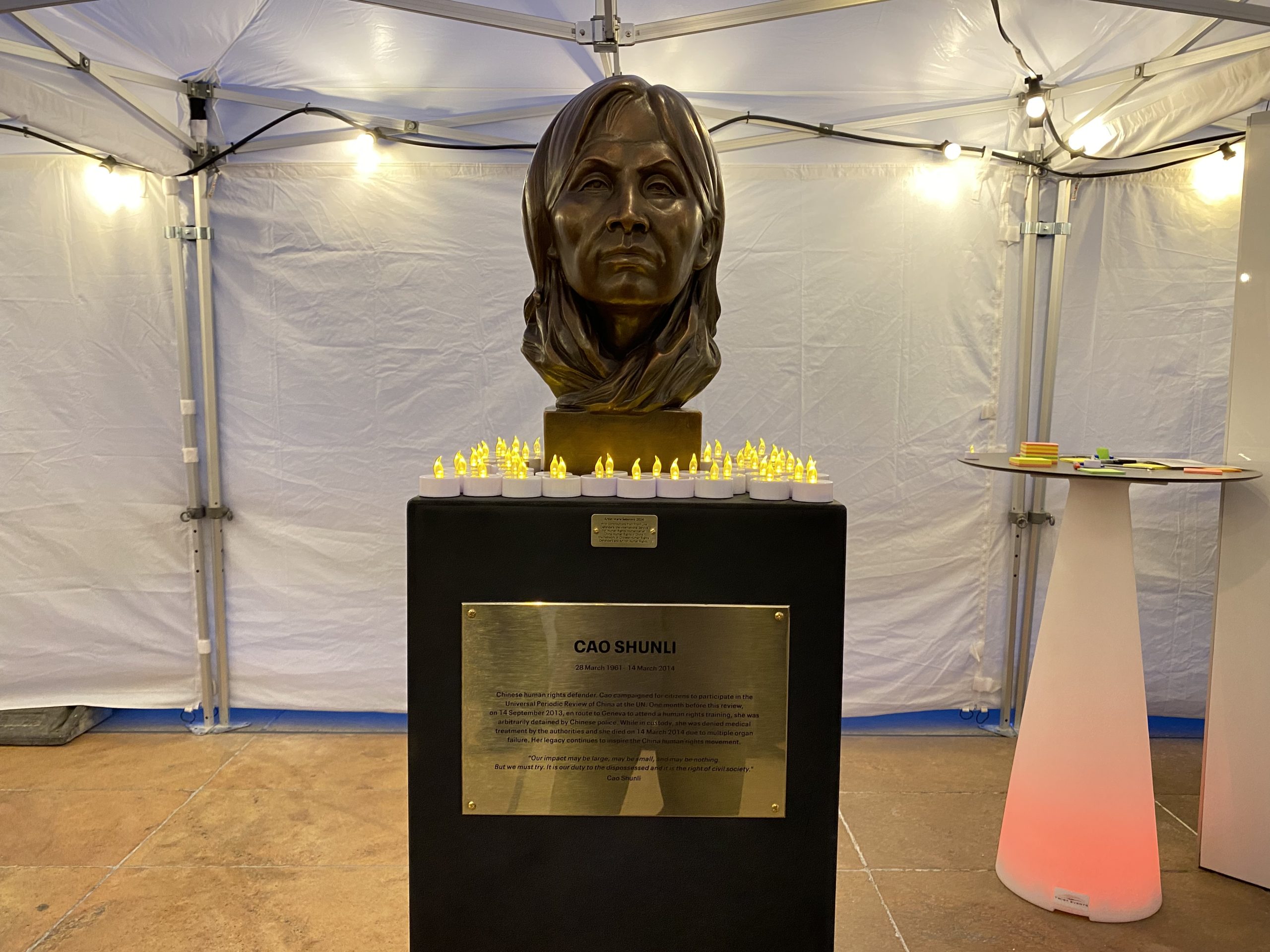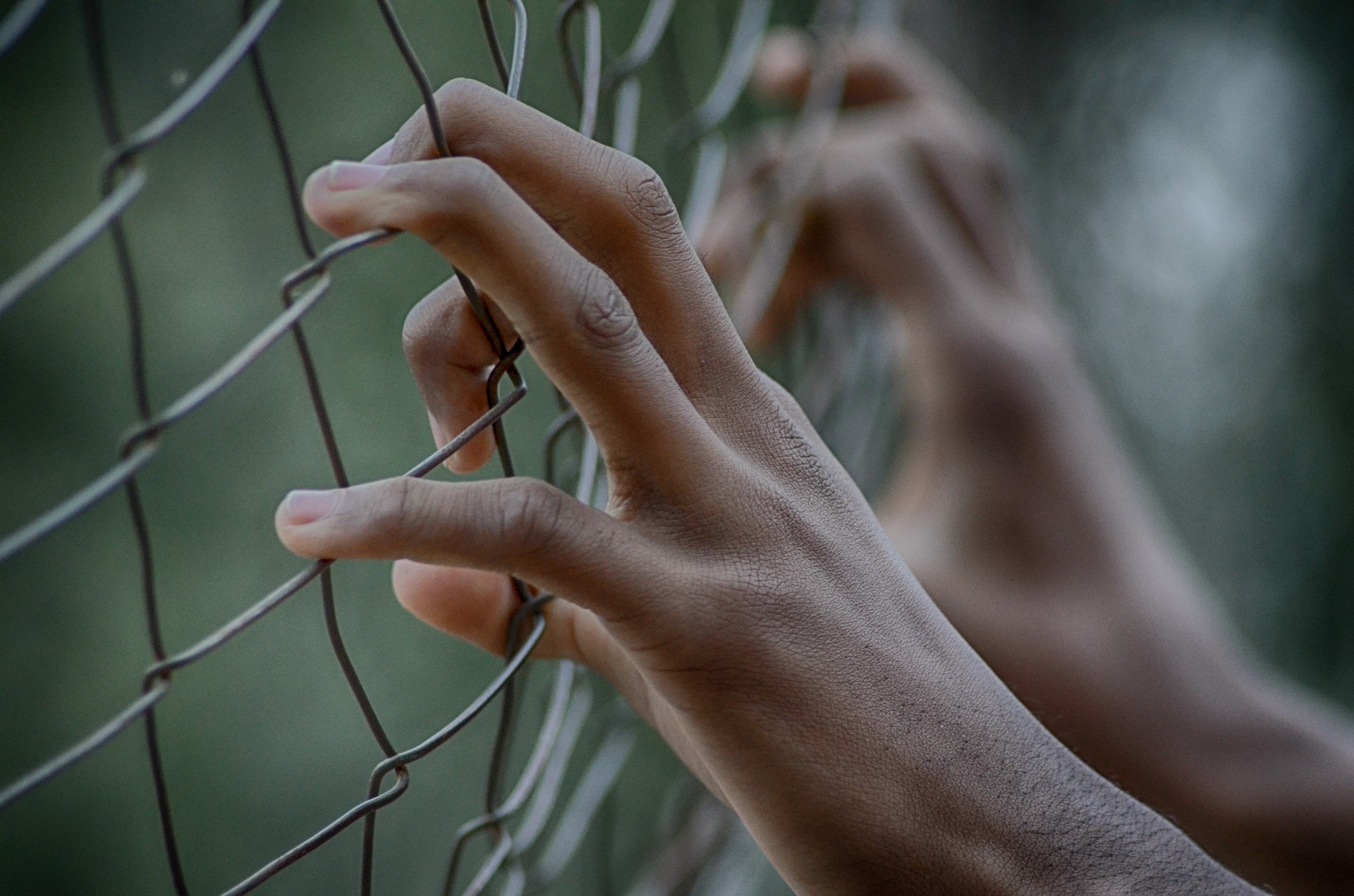The Commission of Inquiry on Burundi presented its first report to the UN Third Committee, the principle UN body in New York dealing with human rights issues. The Chair of the Commission, Fatsah Ouguergouz, explained that the Commission had reasonable grounds to suspect that crimes against humanity have been committed and continue to be committed in Burundi. In its many recommendations, the Commission requests its report be considered by the Security Council for action.
Burundi responded by rejecting the findings of the report and threatening the prosecution of members of the Committee, including for ‘destablilising’ the country.
‘A threat made against a UN independent expert should provoke a shower of condemnation by State representatives. In this case, no State said anything’, said ISHR’s Head of New York office Eleanor Openshaw.
The role of independent experts
The members of the Commission of Inquiry, as with other Special Procedures, are nominated by States to fulfil roles that the States themselves have defined. The experts work independently to alert the world to critical human rights situations and provide a roadmap on how to address them.
‘When States don’t defend UN independent experts threatened at the heart of the UN, you have to question their commitment to protect those who defend rights at community and national levels globally,’ said Openshaw.
Chair of the Third Committee fails to act
The Chair of the Third Committee, Iceland, also failed to speak up to defend the experts.
‘The Chair of the Third Committee should have requested that Burundi withdraw their threat and apologise to the experts. Now the President of the General Assembly must make clear his repudiation of such threats,’ Openshaw continued. ‘All States must publicly reject threats to the experts and reiterate support to the work of the Commission, which they themselves have mandated.’
Burundi’s refusal to work with the Commission of Inquiry
Burundi has failed to engage with the Commission during its work, denying them access to the country. Despite this, several States criticised the Commission for failing to reflect voices from within the country. The President of the Commission detailed the number of communications sent to Burundian authorities in an attempt to engage, all of which went unanswered.
During the dialogue, two countries – Botswana and the US – made explicit reference to the fact that Burundi’s lack of cooperation with the Commission and other UN mechanisms and offices, puts in question their continued membership of the Human Rights Council.
A new mechanism to monitor human rights in Burundi
Recently the Human Rights Council resolved to create an additional mechanism on Burundi. The definition of this new mandate – a team of three people – was driven by a process initiated by Burundi itself. It prompts concern due to its focus on a requirement to provide judicial authorities in Burundi with information. During the Third Committee, Burundi stated that it would cooperate with this new mechanism.
‘A country can’t pick and choose the mechanism it will engage with,’ said Openshaw. ‘The argument that consent of a State is important to encourage cooperation has become a means to reject those mechanisms that you fear will demand accountability and human rights respect.’
Contact: Eleanor Openshaw, Head of New York Office of ISHR, [email protected], +1 929 426 7679
Photo: pixabay.com




